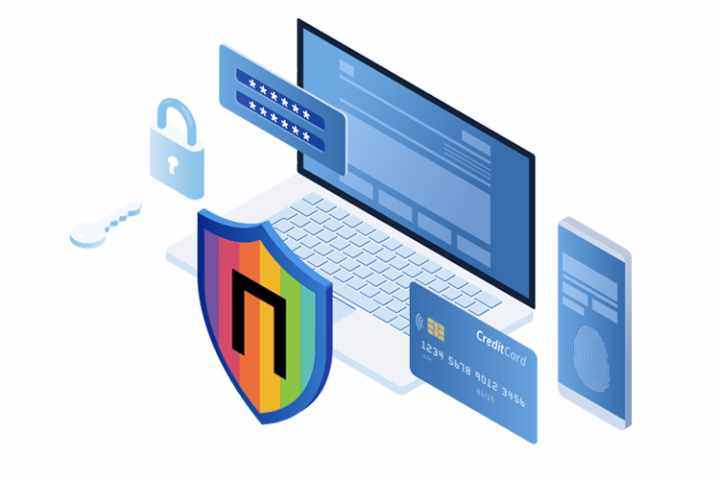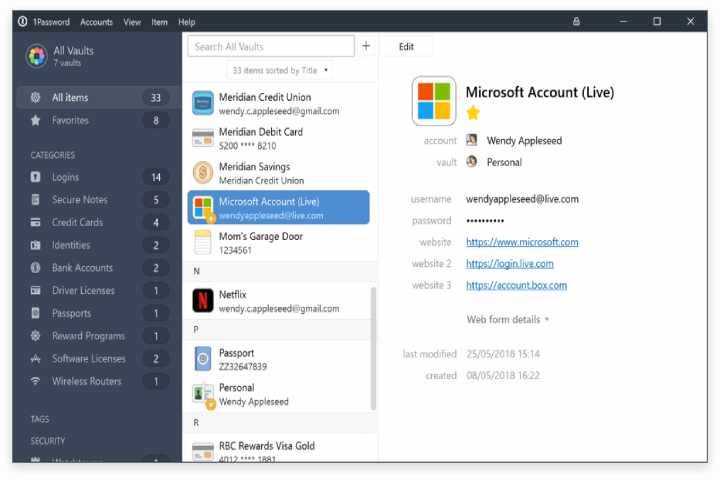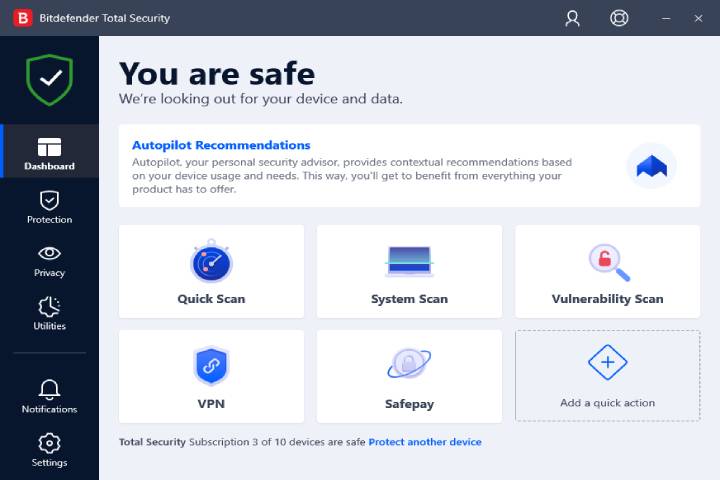3 Essential Apps to Protect Data for Small Businesses

Small businesses and large corporations alike need to prioritize how to protect their teams and their business online. This article will share some quick and easy steps you can take to effectively enhance your digital security and safeguard your data.
Information security is a critical issue to big and small businesses alike. As technologies develop and barriers to entry in hacking become lower, cyber crimes surge and cause significant damage. Hackers exploit vulnerabilities in businesses’ systems for monetary gains; the perpetrators are often difficult to catch and the damage costly to recover.
In 2020 alone, more than 1,000 data breaches were reported, resulting in an average cost of $3.86 million for the victims. According to CNBC, 43% of online attacks target companies of smaller sizes. Small corporations could easily be driven out of business due to damages caused by cybercriminals.
Safeguarding your devices from hackers is important to prevent disruption of business operations and grave financial losses. It is also vital to understand common threats to email security and quick ways to safeguard your devices from hackers, covering the best practices to enhance security for both the end-users and marketers.
To help with your security efforts, here are 3 types of apps that could make data-protecting easier.
Table of Contents
Email-encryption app

Roughly 306.4 billion emails were sent and received each day in 2020, making emails one of the most preferred methods of communication and the biggest target for data theft. Hackers send phishing emails to trick users into installing malicious software that enables them to roam around internal systems.
It is possible to manually block phishing emails by learning how to identify them. However, nuanced details could still slip our attention as we try to read through a high volume of emails in a short amount of time. To reduce the risk of accidentally clicking on malicious emails, anti-phishing apps could be very useful.
Anti-phishing apps filter emails by tracing the origin of phishing websites. One example is Netcraft, which automatically warns users about malware attacks and works with different web browsers for Android. MetaCert is another option for Apple users; it is an anti-phishing bot that detects fake URLs.
Another way to ensure information security is to rely on email encryption. Encrypting your email essentially restricts access to the data to only the sender and the intended recipient. Utilizing the public-private key pair, services like PreVeil and ProtonMail let users encrypt, store and share their files that enhance the security of your communication.

Password Manager

Most of us use a simple combination of characters as our passwords for various accounts conveniently. Recent statistics reveal that at least 65% of online users reuse passwords and 42% of companies were breached by a bad password. In other words, insecure login credentials could be a great cyber vulnerability to businesses.
Sticking with just the same password could be dangerous, but then memorizing several different variations of it for different sites is extremely difficult. One solution to this problem is getting a password manager.
A password manager is a software that creates complicated combinations of punctuation marks, letters, numbers and symbols alike for you. It also securely stores passwords and automatically fills them on login pages. It encrypts your data and prevents your accounts from falling into the hands of malicious actors.
Some of the password managers that offer free trials include LastPass and 1Password which let you manage and sync your login info across different devices and browsers. The Premium version of these apps also allows you to share the service and password with other individuals securely through multi factor authentication.
One other option is Passible, which offers a free download for iPhone and iPad users while promising to protect your information with encryption mechanisms. An equivalent for Android users is KeePass, which also stores your passwords in a secure database; users only need to remember one single master password to unlock it.
On the other hand, there are some drawbacks of password managers, which sometimes are not recognized by login fields. Some websites also block the autofill feature, rendering password managers useless. For those who prefer old-fashioned ways, buying a password book could be a safe back-up as well.

Firewalls
Firewalls are software that detects unauthorized programs and prevents your computer from getting infected by malware. They don’t just protect data from attacks; they protect the entire computer networks from cyber threats. In fact, the Federal Communications Commission (FCC) specifically recommends that all small businesses set up a firewall.
Installed in your PCs and other devices, a firewall serves as a protective barrier, monitoring the flow of traffic between networks and shielding your internal network from trojans and sniffers. It can also be customized to tailor to users’ needs: users can choose what apps they would make exceptions to software-based firewalls’ filtering process.
Some of the popular software firewalls include Bitdefender Total Security and Avast Premium Security, which offer a range of privacy protection options. Bitdfender allows you to install the software on up to 5 different devices, offering features such as anti-fraud, anti-theft and file encryption. Avast provides similarly extensive protections with an addition of anti-ransomware protection.

While companies are advised to install firewalls as the first line of defense in an event of intrusion in private networks, there are disadvantages to this security device as well. For instance, a firewall cannot stop social engineering or insider attacks.
Business organizations should understand both the benefits and downsides to find the best practice for its cybersecurity.
Conclusion
These applications will help you secure sensitive information and data in your business better!
Adding more layers of security to your networks is just the first step to running a long-lasting business. If you are interested in learning more beyond security apps, you might want to understand how you can manage your contact data intelligently. So, go ahead and explore some of these essential apps to upgrade your cybersecurity! It’s never too early to start protecting your business.
